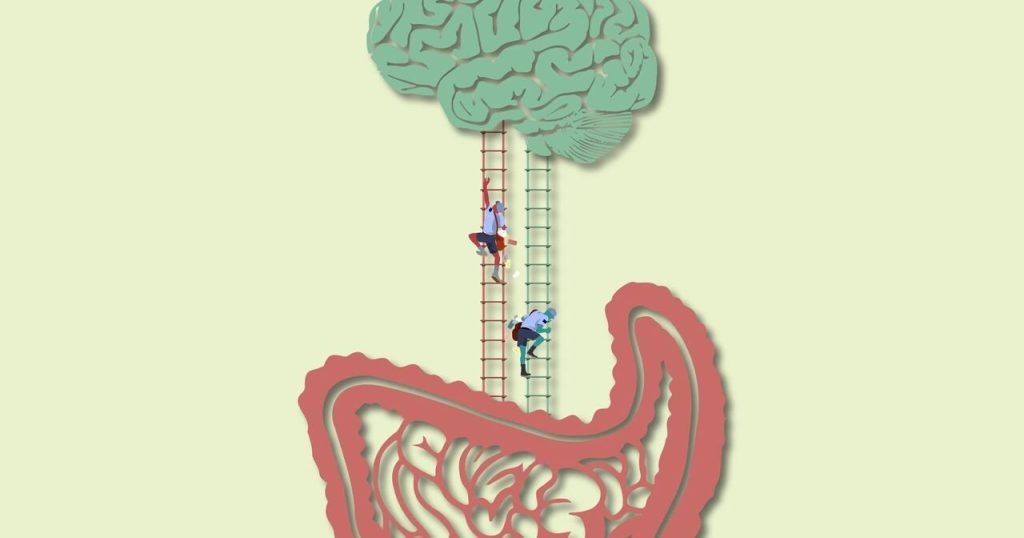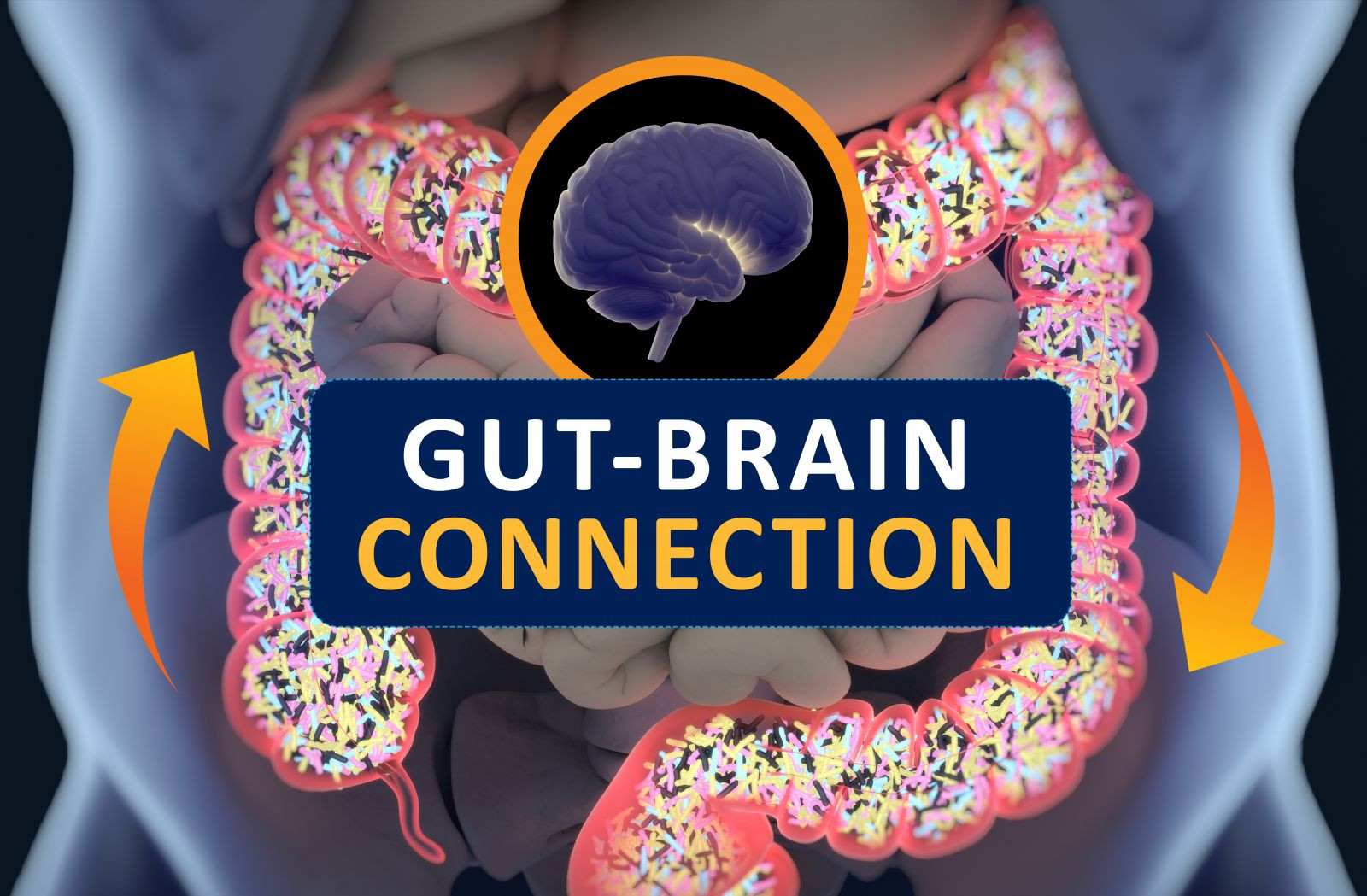The Gut-Brain Connection: How Gut Health Affects Mental Well-being
Maintaining good mental health is paramount in today’s fast-paced world, where stress and anxiety have become prevalent. Interestingly, an emerging field of research has shed light on the intricate relationship between our gut and brain. In this article, we delve into the fascinating topic of the gut-brain connection, uncovering the profound impact of gut health on our mental well-being.
The Gut-Brain Axis: A Vital Connection
The gut-brain axis, often called the “second brain,” is a complex communication network between the gastrointestinal tract and the brain. It involves a bidirectional flow of signals, ensuring that what happens in our gut can influence our brain and vice versa.
Gut Health and Mood Regulation
The Microbiome’s Role
At the heart of the gut-brain connection lies the microbiome—a diverse community of trillions of microorganisms residing in our digestive system. These microorganisms play a pivotal role in maintaining gut health and, surprisingly, significantly impact our mood.
Research has shown that a healthy microbiome is associated with better mental health. It assists in the production of neurotransmitters like serotonin, often called the “feel-good” hormone. An imbalance in the microbiome can lead to disruptions in serotonin production, potentially contributing to mood disorders such as depression and anxiety.
Inflammation and Mental Health
Another crucial aspect of gut health is its role in regulating inflammation. Chronic inflammation has been linked to various mental health disorders, including bipolar disorder and schizophrenia. A well-balanced gut can help mitigate inflammation, thus promoting better mental well-being.
The Gut-Brain Connection in Action
To better understand the practical implications of the gut-brain connection, consider this scenario: Consuming a diet rich in processed foods and sugar can disrupt the balance of your gut microbiome. This imbalance may lead to inflammation and the production of harmful metabolites, which can subsequently affect your mood and cognitive function.
On the contrary, a diet that prioritizes fiber-rich foods, probiotics, and prebiotics can nurture a healthy gut environment. This, in turn, supports the production of beneficial neurotransmitters and reduces the risk of mental health issues.

Nurturing Your Gut for Optimal Mental Well-being
Maintaining a healthy gut is essential for overall well-being, and it’s clear that it profoundly impacts our mental health. Here are some tips to nurture your gut for optimal mental well-being:
- Diverse Diet: Consume various fruits, vegetables, whole grains, and lean proteins to promote a diverse microbiome.
- Probiotics and Prebiotics: Incorporate probiotic-rich foods like yogurt and kefir and prebiotic foods like garlic and onions into your diet.
- Stress Management: Practice stress-reduction techniques such as meditation, yoga, and deep breathing to minimize the negative effects of stress on your gut.
- Adequate Sleep: Prioritize quality sleep, as sleep is crucial to gut and mental health.
- Hydration: Stay well-hydrated to support digestion and overall gut function.
Final Thoughts
The gut-brain connection is a captivating field of study that underscores the importance of a holistic approach to health. By nurturing our gut, we can positively influence our mental well-being, paving the way for a happier and healthier life. Remember, a harmonious gut-brain axis is the key to unlocking your full potential in pursuing a balanced and fulfilling existence.

